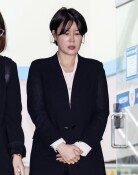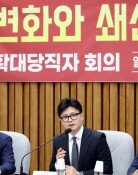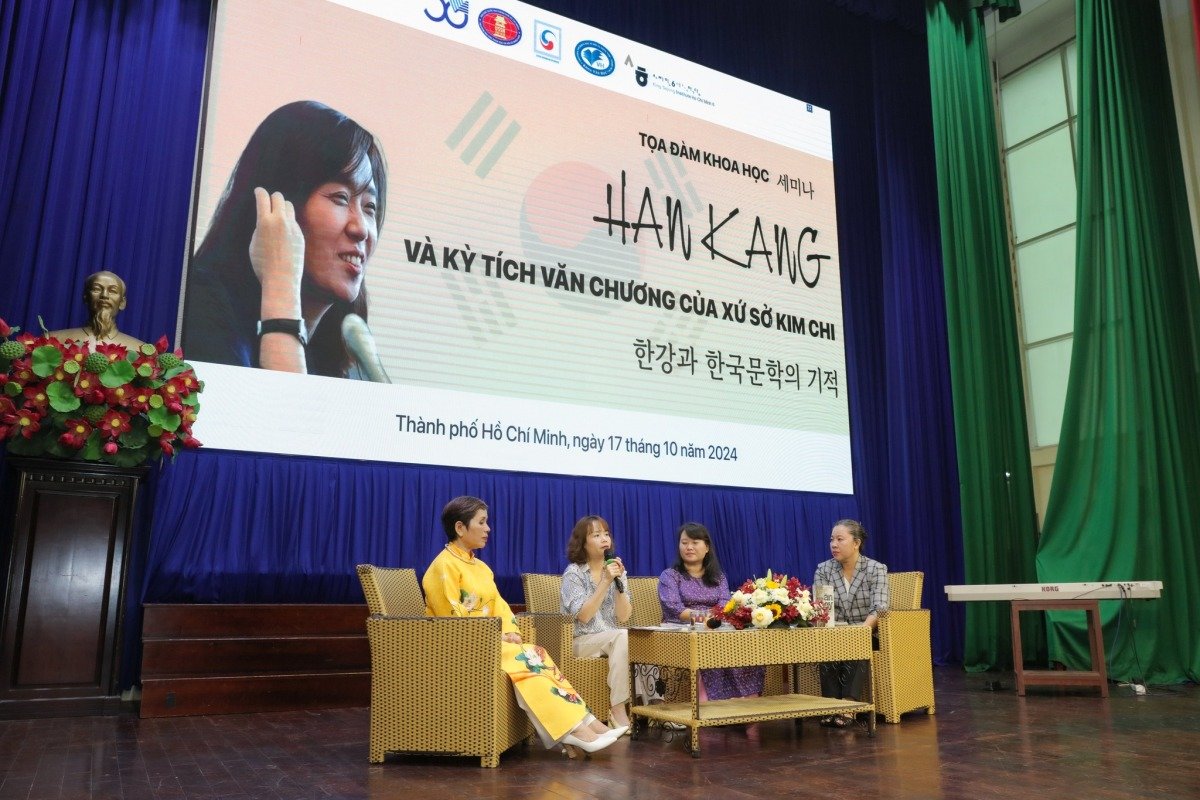Economy to recover in second half of next year: IMF
Economy to recover in second half of next year: IMF
Posted December. 20, 2000 20:14,
The International Monetary Fund (IMF) said Tuesday that considering its healthy fundamentals, Korea's economy would recover beginning in next year's second half, provided that the nation strongly pushes restructuring.
Yusuke Horiguchi, director of the IMF Asia and Pacific department, and Ajai Chopra, head of the IMF mission in Seoul, made the statement in a press conference for Korean correspondents in Washington.
Noting that the nation's economy is suffering from hardships mainly due to hikes in international oil prices, a slowdown in the U.S. economy and deteriorating confidence in its reform drive, they said the troubles were temporary and not serious.
They added that the downward economic growth was a natural phenomenon, being that Korea had experienced an unparalleled robust recovery since the economic crisis of 1997-98, and forecast that Korea's gross domestic product growth would recover to the 6% level in the second half of next year.
Pointing out that one of the factors triggering the crisis in 1997 was a lack of self-confidence, the two officials called on Korea to face up to reality, but not exaggerate concerns about another round of economic crisis.
Regarding proposed mergers among banks, the IMF officials said the tie-ups were a byproduct arising from the process of reform, not an alternative to restructuring, adding that the Korean government would be able to lead the merger of Hanvit Bank as its owner. Currently, the government is the bank's largest shareholder.
With regard to the government timetable for restructuring, they said that forcing through a schedule for reform was undesirable in principle because restructuring should be carried out according to market principles. The two officials said time limits should be set on a case-by-case basis.
They also recommended that the jobless problem should be solved through public works projects in the short term, and through retraining of workers to take jobs in promising sectors in the long term.
Han Ki-Heung eligius@donga.com
Headline News
- Presidential Office signals possible offensive weapons aid to Ukraine
- N. Korea reportedly prepares military balloon attack with Russia
- Medical associations join bipartisan talks on expanding medical school quotas
- Former world No. 1 Ko Jin-young returns to LPGA
- Kakao unveils AI service ‘Kanana’ at 'if Kakao AI 2024'







